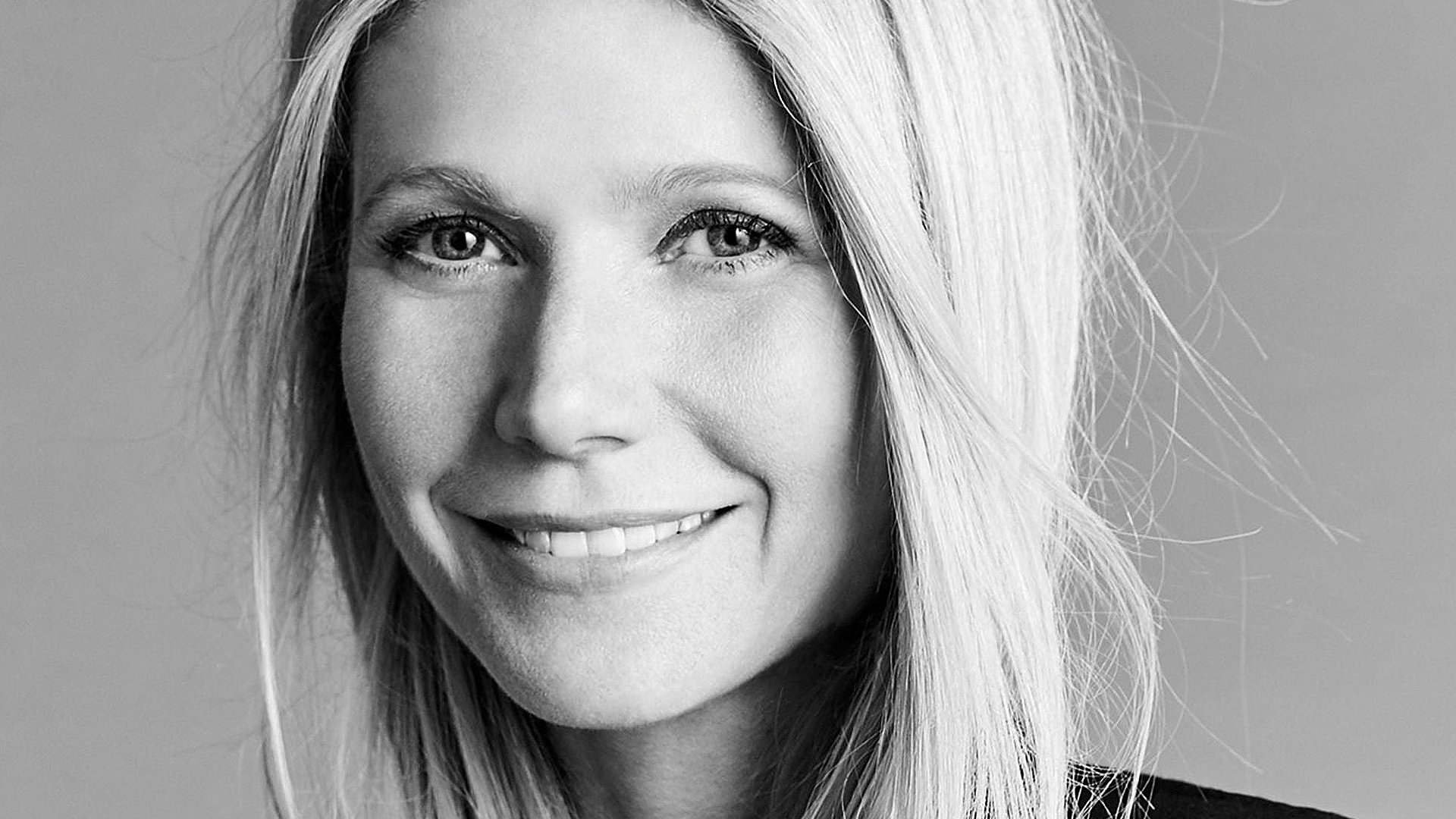Gwyneth Paltrow’s The Goop Lab is just the tip of the iceberg.
A laboratory is a facility that provides controlled conditions in which scientific research and experiments may be performed. Shockingly, Gwyneth Paltrow and her posse spend zero time in laboratories for the duration of their new Netflix show The Goop Lab as there’s no actual science taking place. And, if we’re honest, there’s nothing particularly ‘controlled’ about a bunch of privileged white women on magic mushrooms making unsubstantiated claims about alternative medicine whilst crying (this happens in the first episode).
The Goop Lab is a ‘documentary’ (read: infomercial) about the wellness trend presented by self-proclaimed health guru Gwyneth and her gaggle, and each episode begins with a disclaimer. ‘The following series is designed to entertain and inform – not provide medical advice.’ To the discerning viewer this is about as necessary as a ‘not based on actual historical events’ clause popping up before Game of Thrones.
Still, discerning consumers haven’t been when it’s come to Paltrow’s alternative medicine company Goop. The vaginal jade egg listed on her site continues to sell out despite a $145,000 lawsuit being filed against it for unsupported claims that the object improves pelvic floor health and helps cure depression. It’s snake-oil salesmanship at its best, with fans all over the world paying up to £1000 a piece to see Paltrow tout her wears in the flesh (presumably if you shove the program to these shows up your snatch then you can talk to trees or something).

Though armchair intellectuals (and, to be fair, quite a few professional gynaecologists) have been ridiculing Goop for years, things have gotten personal with the brand’s infiltration of Netflix. The six-episode series heralds a whistle-stop tour through the world of alternative medicine, as the Goop crew take on energy healing, cold therapy, and dip into the world of mediums – and people aren’t happy about it.
Though Netflix is at pains to convince us that Paltrow’s show isn’t self-presenting as medical science, the series tries hard to lend itself an air of authority. Episodes feature doctors and academics from Paltrow’s inner circle as well as emotionally manipulative segments from tearful advocates claiming that alternative therapy saved their life. A sprinkling of allusions to carefully chosen studies completes the aura of scientific rigour whilst neatly avoiding anything interrogative.
Currently, despite being slated by critics and boasting 17,000 dislikes on its trailer (compared to fewer than 2000 likes), The Goop Lab sits proud in Netflix’s ‘trending’ bar, and it’s causing some to herald the end of the streaming platform altogether.
When it originally came onto the scene, Netflix billed itself as an inexpensive way to boycott the ratings grabbing trashiness of network TV. It listed a range of high-quality shows and movies in its archives, and when it turned to producing its own shows it elevated the standard of TV everywhere. The understanding was that, with Netflix, you were paying for excellence.
Now, with the inclusion of Paltrow’s simpering excuse for science, there’s a sense that quality control is slipping. It’s not just that Netflix have attached their name to something objectively garbage, but the fact that with The Goop Lab they’re cashing in on the trend of anti-intellectualism. Alternative medical thinking in its extreme form (the kind that encourages egg yolk enemas instead of chemotherapy for your tumour) comes from the same dark corners of conspiracy land as anti-vax, flat earth, and climate change denial.




















